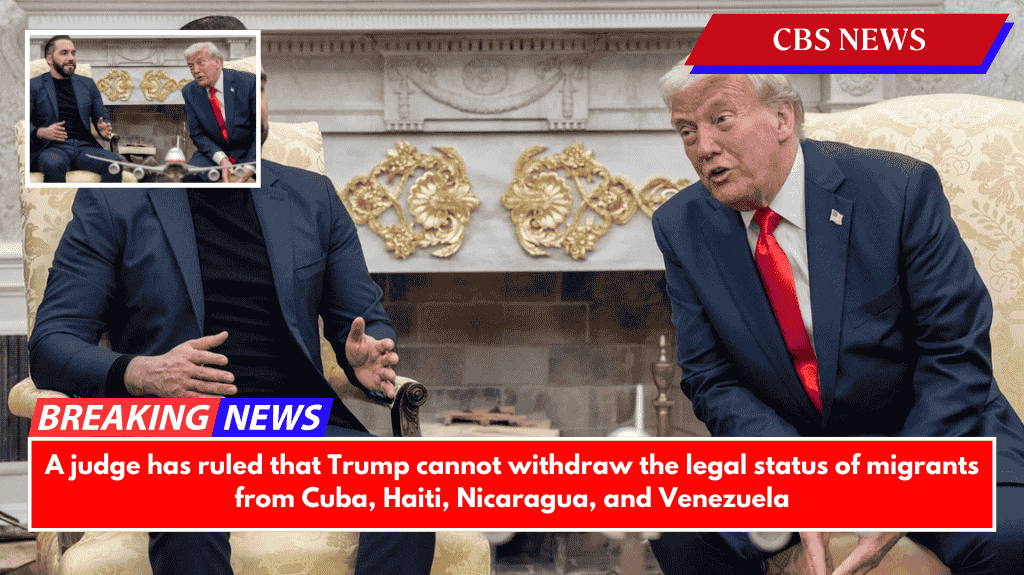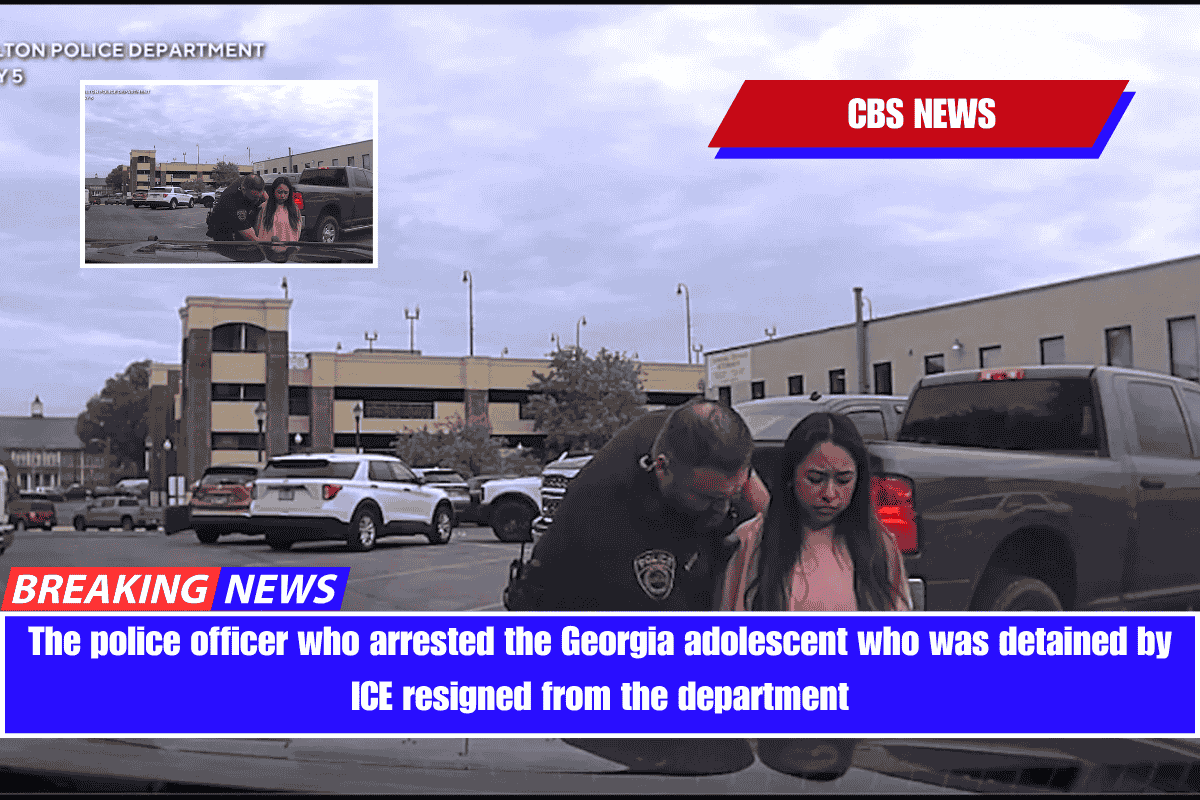A federal judge ruled Monday that the Trump administration cannot immediately revoke the deportation protections and work permits of hundreds of thousands of migrants from Cuba, Haiti, Nicaragua, and Venezuela who entered the United States legally through a Biden-era program.
U.S. District Court Judge Indira Talwani blocked the Trump administration’s plan to terminate the migrants’ legal status on April 24. The administration had warned those affected by its announcement that they would have to self-deport by that date or face arrest and deportation by federal immigration officials.
However, Talwani suspended the government’s deportation warnings and prohibited officials from revoking the legal protection known as immigration parole, which the Biden administration granted to over half a million Cubans, Haitians, Nicaraguans, and Venezuelans.
Talwani stated that mass parole terminations could not occur without each case being reviewed.
The “early termination, without any case-by-case justification, of legal status for noncitizens who have complied with DHS programs and entered the country lawfully undermines the rule of law,” wrote Talwani, a federal district court judge in Boston.
Monday’s decision is a significant relief for those who arrived under a policy that the Biden administration claimed promoted legal immigration and discouraged migrants from crossing the southern border illegally.
Under the CHNV program, 532,000 migrants from Cuba, Haiti, Nicaragua, and Venezuela were allowed to fly to the United States after obtaining sponsorship from US-based individuals. Upon entry, they were granted immigration parole and allowed to work legally in the United States for two years.
Biden administration officials attributed the policy to a significant decrease in illegal border crossings by migrants from the four countries whose citizens were eligible for sponsorship. However, the program was not implemented without controversy.
Republican-led states challenged the policy’s legality in federal court, claiming that the parole authority did not give the federal government the authority to admit so many foreigners through a program with broad eligibility requirements.
The Biden administration suspended the initiative for several weeks in 2024 due to concerns about fraudulent applications.
It also refused to allow those who arrived under the policy to extend their parole beyond two years, stating that they could seek other benefits, such as asylum or temporary protected status, to stay in the United States.
The CHNV policy was suspended immediately upon President Trump’s return to the White House in January. His administration moved quickly to dismantle parole-based immigration policies, which it claimed exceeded the president’s authority.
Trump administration officials have also claimed that those admitted to the United States under the CHNV initiative were not properly vetted.
Last month, the Department of Homeland Security announced that CHNV beneficiaries would have 30 days to leave the country voluntarily or face arrest and removal. Officials stated that they would prioritize the arrest of migrants who had failed to apply for another immigration benefit, such as asylum or a green card.
DHS representatives did not immediately respond to requests for comment on Monday’s court order.
The ruling is another legal setback for the Trump administration’s efforts to end Biden-era immigration programs that protect hundreds of thousands of migrants from deportation.
Late last month, a federal judge in California blocked the administration from ending the Temporary Protected Status policy, which protects over 350,000 Venezuelans in the United States from deportation.


















Leave a Reply